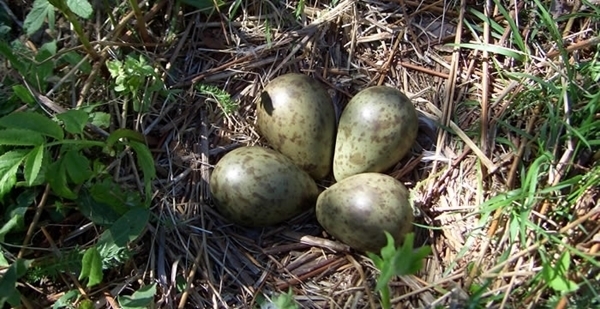
By James Swyer, GWCT Press and Publications Manager
Earlier this month, conservationist Mick Green posted a challenging and emotive article ‘Admitting defeat: why I am quitting nature conservation’. It attracted a lot of attention from both journalists and the conservation organisations he accused of ‘not delivering the product they are selling’.
There are undoubtedly some awkward truths raised in this piece. Mick argues that ‘we have the largest NGOs in Europe but have suffered the largest losses of nature across the continent’. It is hard to challenge that claim, but it requires context. Conservation and land management are funded, organised and promoted in far different ways throughout Europe and Britain stand much more as the exception than the rule when it comes to this.
He claims that ‘everything now requires huge proposals or policy statements which are passed round and endlessly edited … not about what occurs on the ground’. I don’t recognise the GWCT in that.
In fact, the piece left me proud to represent a small organisation punching above its weight. We are not sitting back on vast sums and hoping for wildlife to recover, but working hard to educate and inform those who can make it happen. That’s why more than two-thirds of our staff are scientific researchers or the advisors who help put their findings into action.
The article raises an even more awkward truth. Conservation is not about organisations alone. Thanks to the support of our members, we have the expertise and resource to research problems, find solutions and tell policymakers what needs to be done. We can undertake practical research to find ways to make conservation work in the real world, but we are not the ones to put it in to practice.
However many millions of pounds conservation charities spend on research, monitoring and promotion, whichever celebrity chooses to champion the cause, it is those working on the ground who can make a real difference. We can provide the science, but it is only as good as the change it can drive on the ground. Our series of Working Conservationists case studies show the impact individuals can have on species recovery and biodiversity the length and breadth of the country. These remarkable stories are cause for hope and determination, not resignation.
I can’t agree with Mick’s way forward, that we should ‘take the buggers to Court and force them to apply their own laws’. We have already seen the rise of conservation by litigation. Asking the public to pay for lawyers to send expensive letters to Defra doesn’t feel like conservation to me. We have already seen curlew become collateral damage in the Wild Justice campaign to change General Licences. This shouldn’t be ‘the new conservation’ – I want us to support the farmers, gamekeepers and land managers managing the landscape they know best, not solicitors looking for their next case to fight.
Mick Green also states that organisations “feed their members saccharine drivel in their magazines rather than having the call to arms that should be there”, so let me leave you with this. Right now, in unusual and unforeseen circumstances, we are working hard to deliver conservation gains across the countryside and to provide the research, advice and policy work needed to make it happen. We have had to make difficult decisions – many staff have had to be furloughed and all others have reduced their hours – as funding is due to be down by around £1 million. If you can support our work at this time, please do so here: